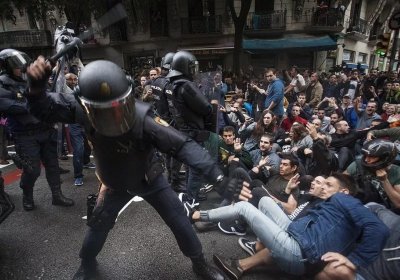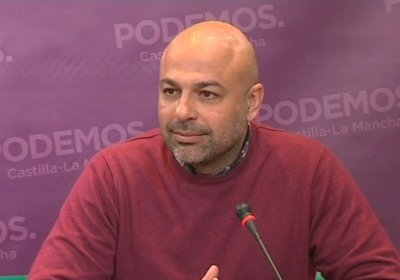Just after 3pm on October 27, the Catalan parliament voted to ratify the results of the country’s October 1 referendum on self-determination, proclaiming Catalonia “an independent state in the form of a republic”.
Outside parliament the vote was greeted with cheers from the tens of thousands of people who had gathered for this historic moment.











